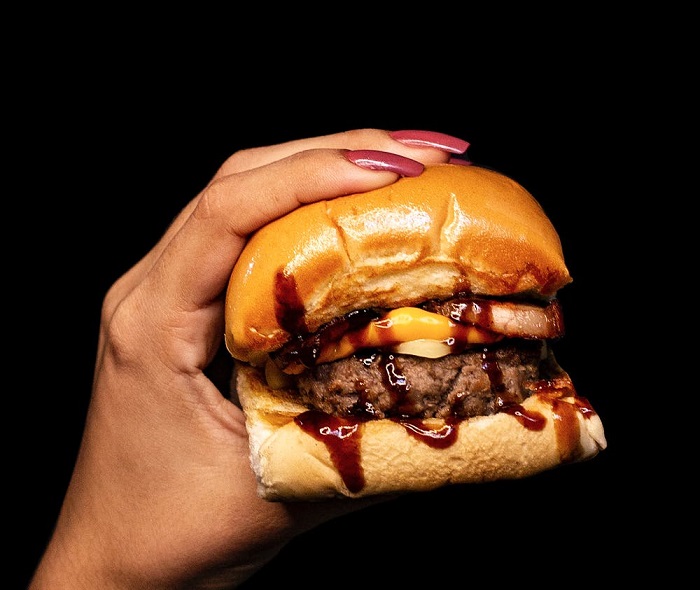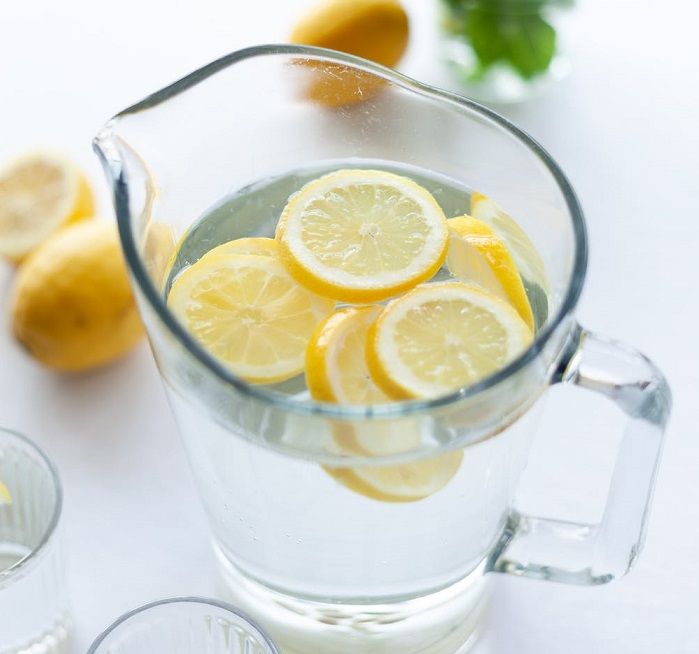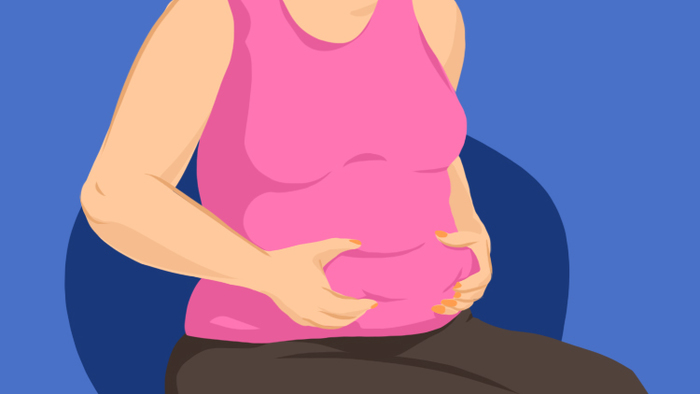Have you felt a little puffy post the weekend binge? Have few rounds of weekend mimosa ever made you give up your favourite go-to office trousers? Do you always worry about what clothes to pack for vacations, because you are not sure how your body might behave? Do fancy events give you chills, so that an oversized cardigan ends up becoming your safety blanket? And why is that you perpetually choose a large hoodie for your extra relaxed dinners over dresses?
We often casually use the phrase “I’m so bloated” in our daily lives, after eating meals, by which we simply mean we are full. But some people mistake it for being fat, which arises from larger body issues and anxieties.
Firstly, bloating isn’t just about feeling full. Bloating occurs when the body is unable to pass out gas through belching or flatulence (gas release). The air in the stomach is cut and makes your abdomen bloat. Secondly, bloating doesn’t mean you are fat. The gas accumulated in your abdomen makes your stomach looks like a balloon but it certainly does not make you fat. People who suffer from bloating problems don’t digest their food utterly, and for the most part, swallow too much air.

Bad lifestyle choices and bad gut health walk abreast of each other and cause bloating. Other factors which make you feel bloated are long term medication, food allergies, and processed food. Processed carbohydrates like naan, pasta, refined flour have a hard time getting digested by gut bacteria and many a time result in inflammation that can increase the risk of obesity and inflammatory bowel disease. The use of minimally processed food that is rich in micronutrients and has high anti-inflammatory potential must be promoted.

Sugar intake and dairy usage like milk, cheese, curd must be cut. You must stay clear of the jalebi and gulab jamun counter if you have chronic bloating. Sugar serves as the prime agent in bloating for most people. Avoid eating fruits like apples, apricot, cherries, figs in large quantities; instead eat blueberries, oranges, papayas, kiwis which reduce inflammation. Also, refrain from packaged food having sodium as an artificial additive.
Increased reliance on fermented food has been observed over the last few years due to their reported health benefits. Common fermented foods are kombucha, kefir, sauerkraut, tempeh, kimchi. Fermented food contains a high amount of probiotics. While for some people it is favourable as the probiotics kill harmful bacteria, it had a counter effect in others leading to severe and painful bloating.

Sweat it out! There’s nothing a good work out regimen can’t beat. To remove gas around the abdomen, it is prompted to do core strengthening exercises like crunches, planks, sit-ups. Yoga is also advocated to remove the built-up gases, as the yoga postures exert pressure on the abdomen to aid digestion.
Eat 4-5 smaller meals rather than eating a large one at once. Abstain from eating hard to digest food like lentils, cauliflower, broccoli. Instead opt for bloating free food like yogurt, avocado, fennel, asparagus, celery root, etc.

Summers are fast approaching and so are the scorching heat and dehydration. It is advised to eat light and fresh fruits and veggies rich in fiber, which eases digestion and keeps bloating in check and allows you to rejoice in the pleasant summer.


















